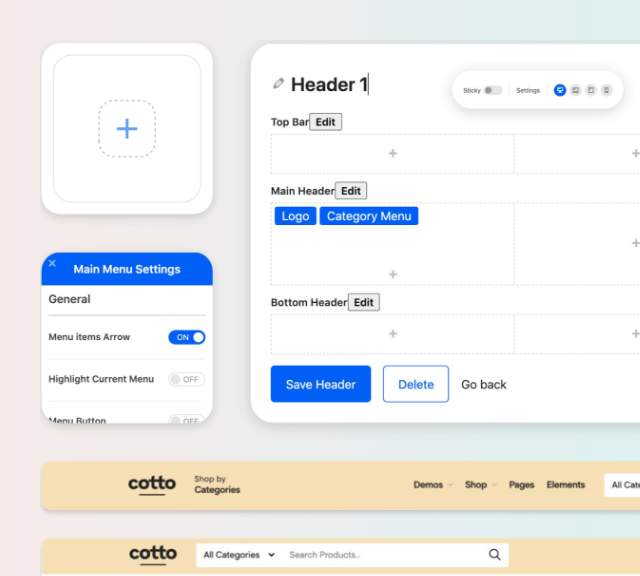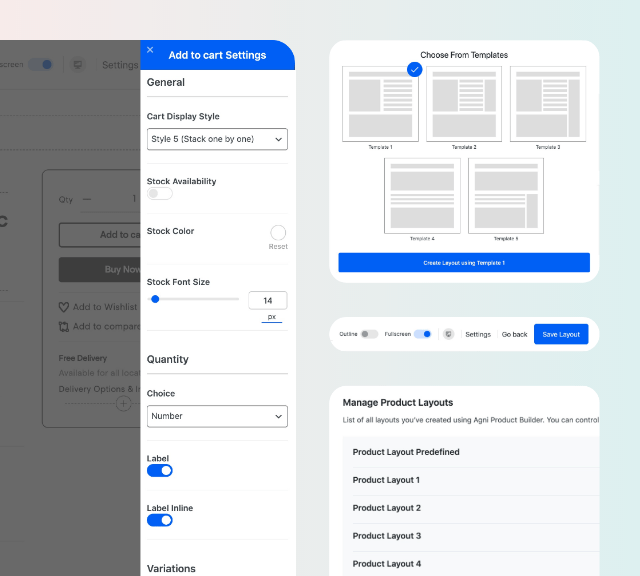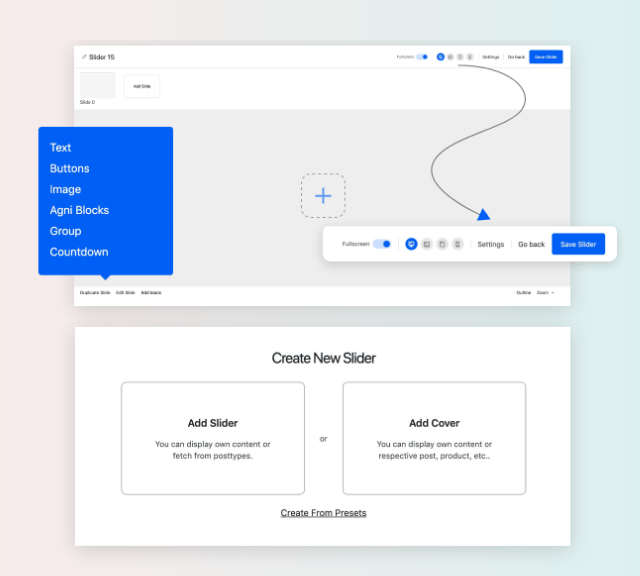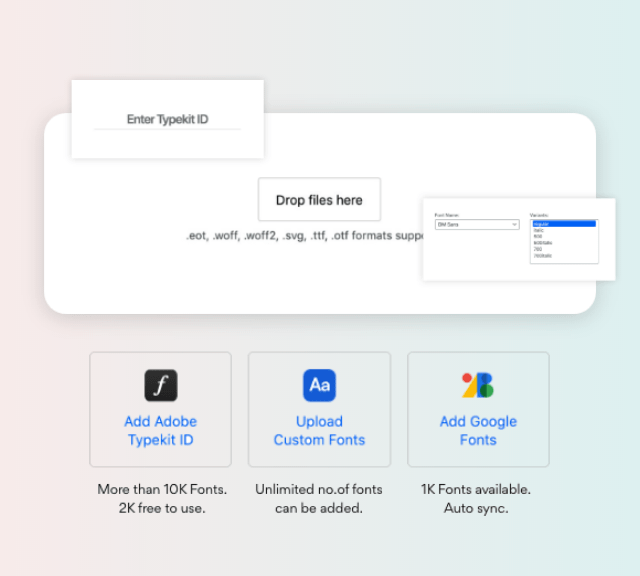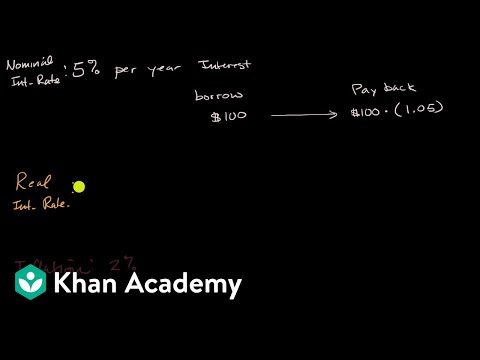
In 2017, there were 29 industrial banks with combined assets of more than $120 billion in Utah. This opened the door for non-financial companies to own industrial banks in the states that allowed them. The difference between industrial and commercial banks isn’t just in the structure, it also applies to their offerings. Over 93% of industrial banks have headquarters in Utah, a state known for its business-friendly policies. (e) Enter into any contract for services material to the operations of the industrial bank (for example, loan servicing function) with such Covered Company or any subsidiary thereof. Their market share later began to decline as banks began to offer more consumer lending options for a greater number of customers.
- An industrial bank is a state-chartered, financial institution, usually owned by a commercial firm, that is not regulated by a federal banking agency.
- Their market share later began to decline as banks began to offer more consumer lending options for a greater number of customers.
- Since then, he has contributed articles to a
variety of print and online publications, including SmartCapitalMind, and his work has also appeared in poetry collections,
devotional anthologies, and several newspapers. - Malcolm’s other interests include collecting vinyl records, minor
league baseball, and cycling. - This approach can sometimes simplify the process of obtaining financing, and may even provide the customer with slightly better interest rates and other repayment terms than could be obtained elsewhere.
- Another focus of an industrial bank may be to provide loans for specific purposes that are related to the owner of the institution.
Most ILCs have been chartered by the Utah Department of Financial Institutions.[2] Other states permitting ILCs include California, Colorado, Minnesota, Indiana, Hawaii, and Nevada. Examples of industrial banks include the Industrial Bank of China, Industrial Bank of Iraq, and Industrial Bank of Korea. IN the U.S, industrial banks only exist in a few states, with the most presently in the state of Utah.
Definition and Example of an Industrial Bank
While industrial banks have limited banking powers nationwide, they generally maintain the same powers and privileges as a traditional commercial bank. Industrial banks are controversial amongst those who support a more stalwart division between banks and commercial firms. Criticisms of industrial banks claim that they provide companies with the privileges, but not the supervision, of a bank charter.

For purposes of this part, the presumptions set forth in § 303.82(b)(1) and (2) of this chapter shall apply with respect to any company in the same manner and to the same extent as if they applied to an acquisition of securities of the company. (a) In addition to the applicable filing procedures of part 303 of this chapter, this part establishes certain requirements for filings involving an industrial bank or a Covered Company. Walmart Inc. withdrew its application in 2007 before the FDIC could make any decision regarding the status of their application. Opponents of Walmart’s application claimed that the company’s engagement in the business of banking posed a threat to the banking system and to the FDIC Deposit Insurance Fund. Julia Kagan is a financial/consumer journalist and former senior editor, personal finance, of Investopedia. Nothing in this part limits the authority of the FDIC under any other provision of law or regulation to take supervisory or enforcement actions, including actions to address unsafe or unsound practices or conditions, or violations of law.
Dictionary Entries Near industrial bank
For example, a furniture manufacturer may establish an industrial banks as a means of handling the financing of the purchase of their products, either by furniture stores or by individuals who meet the credit requirements set by the institution. This approach can sometimes simplify the process of obtaining financing, and may even provide the customer with slightly better interest rates and other repayment terms than could be obtained elsewhere. It is important to note than an industrial bank does not always offer the same range of services as other banks.

Other states that currently permit the chartering of these types of banks include California, Hawaii, Minnesota, and Indiana. An industrial bank is a state-chartered depository institution that can be owned by non-financial entities. Industrial banks are subject not to oversight by the Federal Reserve, but rather by the states in which they are formed. Industrial banks were originally founded in the early 1900s in order to provide low-to-moderate-income industrial workers who were unable to qualify for credit at traditional lending institutions with a means to access capital. (b) The FDIC may, at its sole discretion, condition a grant of deposit insurance, issuance of a non-objection to a change in control, or approval of a merger on an individual who is a controlling shareholder of a Covered Company joining as a party to any written agreement required by paragraph (a) of this section. ILCs assist numerous charities and provide millions of dollars annually in grants, low interest loans, and service through the Community Reinvestment Act (CRA).
Industrial loan company
The company’s stated belief is that bringing banking in-house will allow it to operate more nimbly. In 2005, Walmart Inc. filed an application to form a new industrial bank for the purpose of reducing credit and debit card transaction fees. This triggered widespread opposition and protests from commercial banks and financial regulators. At the same time, state-level legislation was passed that would block any prospective industrial banks from opening branches in different jurisdictions. Commercial banks derive capital from customer deposits through checking, savings, money market accounts, and certificates of deposit. Customers are paid interest for providing banks with the working capital necessary to make loans.
- While industrial banks have limited banking powers nationwide, they generally maintain the same powers and privileges as a traditional commercial bank.
- (a) In addition to the applicable filing procedures of part 303 of this chapter, this part establishes certain requirements for filings involving an industrial bank or a Covered Company.
- Most will focus on lending activities only, and do not provide other types of accounts for their customers.
- In the United States, an industrial bank can have branches located in multiple states, with the institution chartered in one of the states where it has a presence.
- Of course, the interest rate paid by banks on money borrowed from customers is less than the interest rate charged on money loaned to customers.
- Other states that currently permit the chartering of these types of banks include California, Hawaii, Minnesota, and Indiana.
A limited service financial institution that raises funds by selling certificates called “investment shares” and by accepting deposits, and invests such funds in installment loans to consumers and to small businesses. Often such loans are secured by a third party who signs a co-maker note pledging to repay the loan if the borrower defaults, or the loan is secured by a chattel mortgage. Industrial banks are distinguished from commercial loan companies because industrial banks accept deposits in addition to making consumer loans. Industrial banks are distinguished from commercial banks because industrial banks do not offer demand deposit (checking) accounts. An industrial loan company (ILC) or industrial bank is a financial institution in the United States that lends money, and may be owned by non-financial institutions. All “FDIC-insured entities are subject to Sections 23A and 23B of the Federal Reserve Act, which limits bank transactions with affiliates, including the non-bank parent company.”[1] ILCs are permitted to have branches in multiple states (which is permitted by many states on a reciprocal basis).
Industrial banks are only chartered by a few states; the state of Utah provides the majority of charters for industrial banks in the U.S. BMW Bank is an industrial bank that offers in-house banking services to BMW and BMW MINI Cooper customers, dealerships, and affiliates. This comes in the form of indirect automotive financing, consumer lending products like credit cards, and personal insurance. industrial bank meaning In other words, when you finance a car with BMW Bank of North America, you’re dealing with an industrial bank. For example, payment services provider Square Inc., in early 2021 completed the chartering process to form a new industrial bank, Square Financial Services in Utah. Square Financial Services’ goal is to offer direct business loans and deposit products to underserved populations.
How an Industrial Bank Works
Of course, the interest rate paid by banks on money borrowed from customers is less than the interest rate charged on money loaned to customers. Commercial banks turn profits in the form of interest income from the interest-bearing loans that they offer customers. These loans typically include mortgage loans, automobile loans, personal loans, and business loans. An industrial bank operates much like other commercial banks; however, many limit the scope of their business to a narrower customer base, such as only offering auto loans or construction loans.
Industrial banks are oftentimes owned by non-financial institutions but are subject to the same regulations as financial institutions offering similar services. The clients of an industrial bank are frequently individuals that work in a specific industry, and their objective would be to write loans that make it possible to own a home or vehicle. Industrial banks are also established by companies that wish to provide their customers with financing so they can purchase their goods or services.
Industrial bank Definition
Some will extend mortgages and other long-term loans to individuals, but it is more common to reserve these types of loans for businesses. Industrial banks, driven by expansion in Utah, grew from the late 1990s through the mid-2000s. What stopped the growth (and effectively paused the creation of further industrial banks from 2008 to 2020) was the Dodd-Frank Act, which was enacted in the aftermath of the financial crisis. In November 2019, Senator John Kennedy of Louisiana introduced a bill, called the “Eliminating Corporate Shadow Banking Act of 2019,” that would effectively end the ability of nonfinancial companies to form industrial banks. The ICBA has expressed its support for Sen. Kennedy’s bill, claiming that it would close the loophole of industrial banks, create a safer financial system, and help maintain the separation of banking and commerce. Many of these chose to base their original bank operations in Utah to take advantage of the state’s industrial bank charter and later transitioned to become a commercial banks.
To be considered to start an industrial bank, the corporation must apply for a charter through a state that allows them. All content on this website, including dictionary, thesaurus, literature, geography, and other reference data is for informational purposes only. This information should not be considered complete, up to date, and is not intended to be used in place of a visit, consultation, or advice of a legal, medical, or any other professional. They are regulated by the state in which they operate, and are supervised and insured by the Federal Deposit Insurance Corp. (FDIC).
Banks Expect to Tighten Standards for CRE Loans Even More – Globe St.
Banks Expect to Tighten Standards for CRE Loans Even More.
Posted: Wed, 02 Aug 2023 12:32:16 GMT [source]
Most will focus on lending activities only, and do not provide other types of accounts for their customers. For this reason, any individual or company who does business with a lending institution of this kind will also maintain bank accounts at other institutions, including checking and savings accounts. In 1982, Congress made all industrial banks eligible for deposit insurance and in 1987, made an exception to the Bank Holding Company Act that allowed parent companies to own and control industrial banks without being subject to the same federal regulations as a bank holding company. Originally, the purpose of an industrial loan company (or ILC) was to help industrial workers, usually employees of the same company, obtain banking services. For the next 20 years, loans obtained by these workers were the largest source of credit for this segment of borrowers.
They are regulated and supervised by state charters and insured by the Federal Deposit Insurance Corporation. They are authorized to make consumer and commercial loans and accept federally insured deposits. Banks may not accept demand deposits if the bank has total assets greater than $100 million. In early 2019, lobbyists from the Independent Community Bankers of America (ICBA) distributed a policy paper that called for a moratorium on providing federal deposit insurance to industrial banks.
Industrial Banks vs. Commercial Banks
In 1910, attorney Arthur J. Morris (1881–1973) opened the Fidelity Savings and Trust Company in Norfolk, Virginia, which made small loans to working people under a concept he called the “Morris Plan”. After many years in the teleconferencing industry, Michael decided to embrace his passion for
trivia, research, and writing by becoming a full-time freelance writer. Since then, he has contributed articles to a
variety of print and online publications, including SmartCapitalMind, and his work has also appeared in poetry collections,
devotional anthologies, and several newspapers. Malcolm’s other interests include collecting vinyl records, minor
league baseball, and cycling. (3) That is granted deposit insurance by the FDIC pursuant to section 6 of the FDI Act, in each case on or after April 1, 2021.
An industrial bank is a type of financial institution that offers only a limited range of services. Industrial banks accept customer deposits and sell certificates, also known as investment shares. Industrial banks then use the proceeds to make installment loans for consumers and small businesses. A commercial bank is a type of financial institution that accepts deposits, while offering checking account services, loans, and offers basic financial products such as certificates of deposit (CDs) and savings accounts for individuals and small businesses. Another focus of an industrial bank may be to provide loans for specific purposes that are related to the owner of the institution.
Industrial banks are regulated by state regulators and by the Federal Deposit Insurance Corp. (FDIC). They are not subject to some of the regulations that govern traditional institutions and do not have to comply with the Bank Holding Company Act. As a result of this lack of regulatory restrictions, many financial technology companies and investment companies have started to apply for industrial bank charters.
